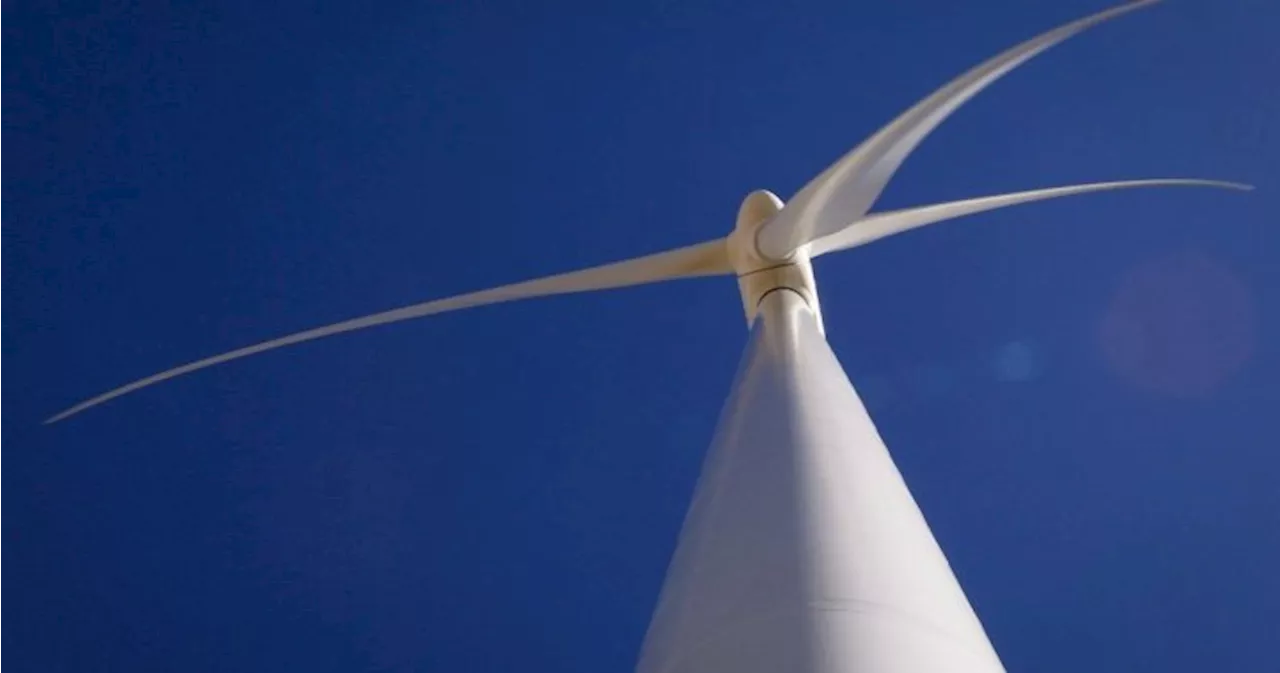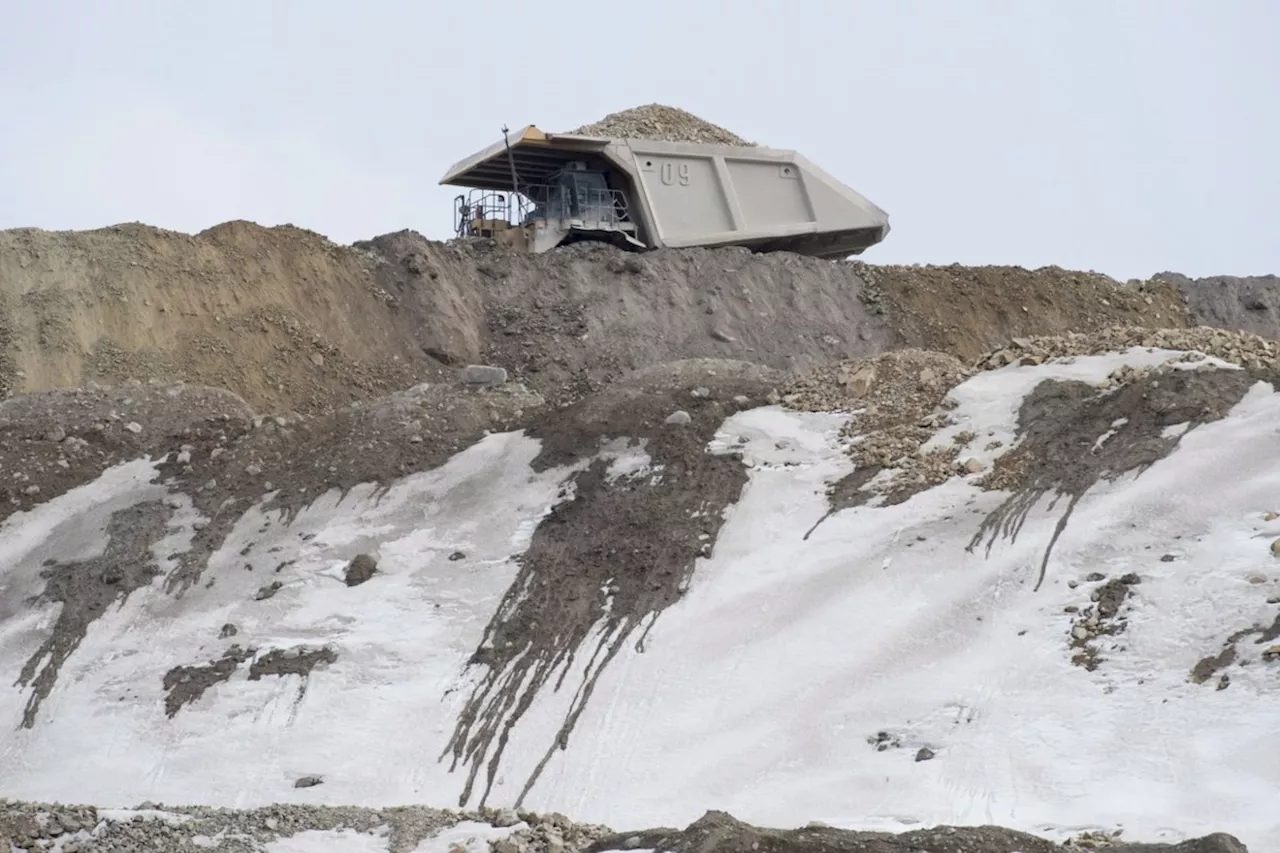The B.C. government is expediting permits for several mining projects to counter U.S. tariff threats, but a new study suggests economic factors have been a bigger obstacle to many projects than regulations.
The British Columbia government's decision to expedite permits for several mining projects amidst ongoing U.S. tariff threats has been met with praise from the mining industry. However, research suggests that economic factors have been more prevalent in delaying many other proposals than regulatory hurdles. \Simon Fraser University associate professor Rosemary Collard, co-lead author of a study examining 27 B.C.
mining projects granted environmental assessment certificates since 1995, found that most failed to open on schedule. The study, published in December, revealed that out of the 20 projects that missed their projected opening dates, regulation was only a factor in three cases. Economic viability and market conditions were identified as the primary reasons for the delays. \On Tuesday, the B.C. government unveiled a list of 18 critical mineral and energy projects, including four mines, that would be fast-tracked to diversify the economy during what Premier David Eby termed 'on-and-off tariff threats' from the United States. Tim McEwan, a senior vice-president at the Mining Association of British Columbia, expressed satisfaction with the government's recognition of the need to accelerate permitting, calling the initial list a 'good first step.' McEwan highlighted that there are currently 17 critical mineral projects in B.C., with several poised to enter permitting processes within the year. He emphasized the importance of the provincial government expediting approvals for other critical mineral, precious metal, and steelmaking opportunities. \Collard, a geographer, expressed reservations about the certainty of increased resource extraction in sectors like mining, which she describes as 'notoriously volatile and uncertain' due to fluctuating commodity prices. She stated that the study's findings raise questions about whether doubling down on resource extraction can deliver the promised certainty. She pointed out that nearly half of the mines approved through environmental assessment in B.C. since 1995 were never built. Furthermore, she noted that mines that did become operational often underperformed economically compared to their initial forecasts during their environmental assessments. \Among the few mines cited by the study as being delayed by regulation is the Red Chris copper and gold mine, which opened in 2015, six years later than initially planned. The expansion of the Red Chris project in B.C.'s north is one of four mining projects slated for fast-tracking this week, along with the Highland Valley Copper mine southwest of Kamloops. Owner Teck Resources is seeking an extension of operations beyond 2028 into the mid-2040s. This project has received support from several First Nations groups, including the Citxw Nlaka’pamux Assembly, the Lower Nicola Indian Band, and the Kanaka Bar Indian Band, although it has faced opposition from the Stk’emlupsemc te Secwepemc Nation. \Energy Minister Adrian Dix stated that the projects would still need to undergo the required 'tests of standards in B.C. that are critical' when asked at a news briefing on Thursday whether the fast-tracking process would compromise consultation with First Nations or environmental assessments. He announced that the province would introduce legislation this spring to enable the regulation of renewable energy projects, such as wind and solar, to fall under the single authority of the B.C. Energy Regulator. Among the 18 projects identified for fast-tracking this week was a series of BC Hydro clean energy ventures, primarily focused on wind power. Dix explained that moving clean energy projects to a single authority would allow it to function as a 'one-window regulator' for the permitting process and that the legislation aimed to 'advance growth and diversity' within the sector. A statement from Dix's ministry emphasized the province's commitment to working in collaboration with First Nations partners and engaging with Nations across the province on the proposed legislation's approach
Environment Politics Mining Permits British Columbia U.S. Tariffs Economic Factors Environmental Assessment First Nations Renewable Energy
Canada Latest News, Canada Headlines
Similar News:You can also read news stories similar to this one that we have collected from other news sources.
 Mining Disrupt 2025: The Premier Bitcoin Mining ConferenceMining Disrupt, the world's largest and most influential Bitcoin mining conference, returns to Fort Lauderdale in 2025. Join thousands of industry leaders, innovators, investors, and enthusiasts for three days of cutting-edge insights, networking opportunities, and the latest advancements in Bitcoin mining technology.
Mining Disrupt 2025: The Premier Bitcoin Mining ConferenceMining Disrupt, the world's largest and most influential Bitcoin mining conference, returns to Fort Lauderdale in 2025. Join thousands of industry leaders, innovators, investors, and enthusiasts for three days of cutting-edge insights, networking opportunities, and the latest advancements in Bitcoin mining technology.
Read more »
 Genesis Cloud Mining: The world’s top TRX mining platform in 2025On February 2, local time in the United States, Evan Ryan the wife of former United States Secretary of State Antony Blinken publicly stated
Genesis Cloud Mining: The world’s top TRX mining platform in 2025On February 2, local time in the United States, Evan Ryan the wife of former United States Secretary of State Antony Blinken publicly stated
Read more »
![]() B.C. fast-tracking 18 mining and energy projects in face of U.S. tariff threatVICTORIA — The British Columbia government has released a list of 18 critical mineral and energy projects worth roughly $20 billion that it says it's working to accelerate in the face of ongoing tariff threats from the United States.
B.C. fast-tracking 18 mining and energy projects in face of U.S. tariff threatVICTORIA — The British Columbia government has released a list of 18 critical mineral and energy projects worth roughly $20 billion that it says it's working to accelerate in the face of ongoing tariff threats from the United States.
Read more »
 B.C. to fast-track 18 mining and energy projects amid Trump tariff threatsThe British Columbia government has released a list of 18 critical mineral and energy projects worth roughly $20 billion that it says it's working to accelerate in the face of ongoing tariff threats from the United States.
B.C. to fast-track 18 mining and energy projects amid Trump tariff threatsThe British Columbia government has released a list of 18 critical mineral and energy projects worth roughly $20 billion that it says it's working to accelerate in the face of ongoing tariff threats from the United States.
Read more »
![]() B.C. fast-tracking 18 mining and energy projects in face of U.S. tariff threatVICTORIA — The British Columbia government has released a list of 18 critical mineral and energy projects worth roughly $20 billion that it said it's working to accelerate in the face of ongoing tariff threats from the United States.
B.C. fast-tracking 18 mining and energy projects in face of U.S. tariff threatVICTORIA — The British Columbia government has released a list of 18 critical mineral and energy projects worth roughly $20 billion that it said it's working to accelerate in the face of ongoing tariff threats from the United States.
Read more »
![]() B.C. fast-tracking 18 mining and energy projects in face of U.S. tariff threatThe British Columbia government has released a list of 18 critical mineral and energy projects worth roughly $20 billion that it says it's working to accelerate in the face of ongoing tariff threats from the United States.
B.C. fast-tracking 18 mining and energy projects in face of U.S. tariff threatThe British Columbia government has released a list of 18 critical mineral and energy projects worth roughly $20 billion that it says it's working to accelerate in the face of ongoing tariff threats from the United States.
Read more »
